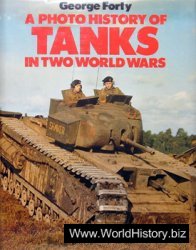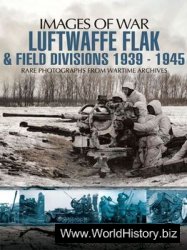ROBERT JERVIS
The question for this chapter is how Soviet and American national identities shaped and were shaped by the Cold War. Defining identity is not easy, however.8 Is it the same as self-image or self-perception? How does it relate to ideology and political culture?9 Can we treat national identity as singular in the face of internal differences? What evidence can establish the content or even the existence of identities, and how do we go about determining their causes and effects?
Although in the end perhaps we have to settle for the Potter Stewart definition of knowing it when we see it, more formally national identity can be seen as the set of values, attributes, and practices that members believe characterize the country and set it off from others. Identity is the (shared) answer to central ifvague questions: Who are we? What are we like? Who are we similar to and different fTom? Identity is at work when people say "We must act in a way that is true to what we are," as Jimmy Carter did in his 1978 state of the union address when he declared that "the very heart of our identity as a nation is our firm commitment to human rights."10 Identities thus carry
Heavy affective weight, and this helps explain why scholarly arguments about the Cold War are often very bitter because the stakes include what the Soviet Union and the United States are like or should be like.




 World History
World History









